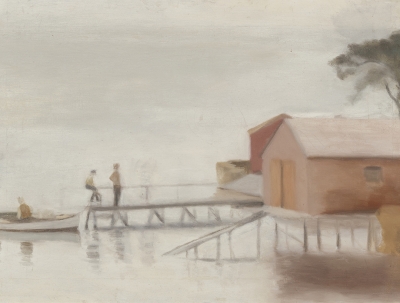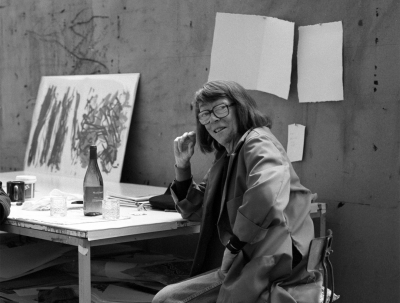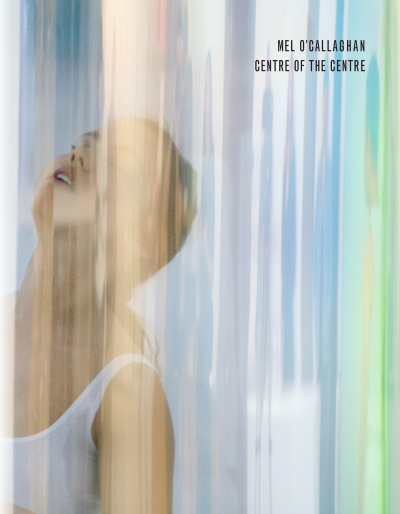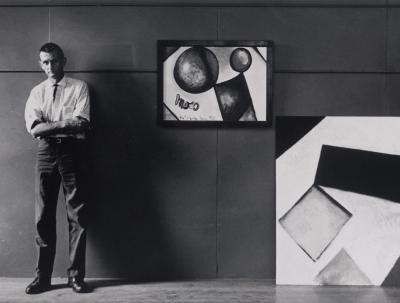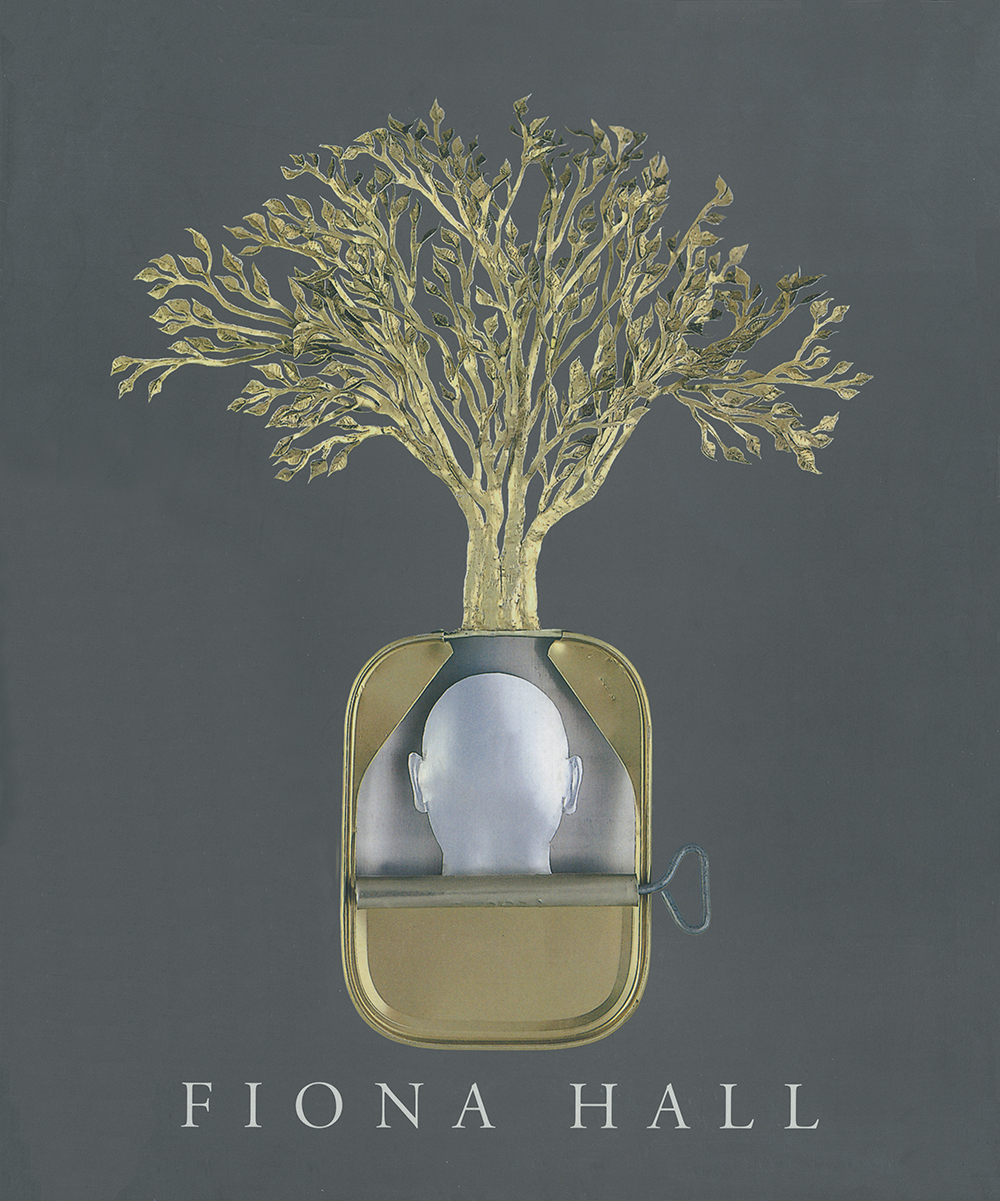Julie Ewington
Clarice Beckett: The Present Moment
Bells and whistles are common enough, in both form and content, in contemporary exhibitions. This time they are actual, sonic: a soundscape of birdsong, a Melbourne tram bell, clopping horses’ hooves floating through Clarice Beckett: The Present Moment, which is at the Art Gallery of South Australia (AGSA) until 16 May. It’s lovely, subtle, complementing a revelatory encounter with an artist whose work is, through Tracey Lock’s enchanting exhibition, about to become far better known.
... (read more)The American Joan Mitchell is one of a legion of celebrated twentieth-century artists with a ghost presence in this country. Since her death in 1992, her vibrant, energetic paintings have become increasingly appreciated, and now her star is rising again. This year Mitchell is the subject of a major retrospective in the United States, which will also be seen in Paris in 2022. The National Gallery of Australia’s current exhibition is part of the year-long Know My Name suite of projects. An outcome of the NGA’s long relationship with master printmaker Kenneth Tyler, Joan Mitchell: World of Colour, led by emerging curator Anja Loughhead, is the first exhibition anywhere to focus solely on Mitchell’s prints, which were made in two concentrated bursts with Tyler, in 1981 and again in 1992, just before the artist’s death.
... (read more)Mel O’Callaghan: Centre of the Centre by Talia Linz and Michelle Newton
A Place to Paint: Colin McCahon in Auckland
New Zealander Colin McCahon is the greatest postwar artist of the two antipodean countries. Hands down. In his own country, McCahon (1919–87) is a household name, and the exhibition A Place to Paint: Colin McCahon in Auckland at Auckland Art Gallery Toi o Tāmaki, and the associated publication of Justin Paton’s McCahon Country (Penguin Books), celebrate his centenary. Surprisingly, though, many Australians don’t know McCahon’s work.
... (read more)To highlight Australian Book Review's arts coverage and to celebrate some of the year's memorable concerts, operas, films, ballets, plays, and exhibitions, we invited a group of critics and arts professionals to nominate their favourites – and to nominate one production they are looking forward to in 2016. (We indicate which works were reviewed in Arts Up ...

